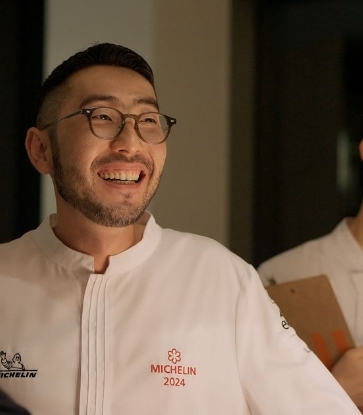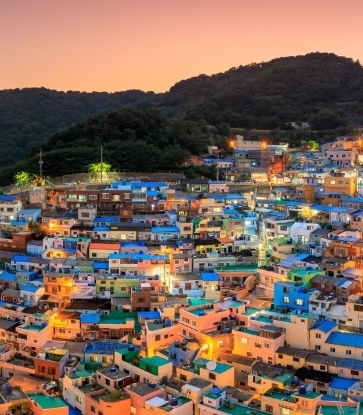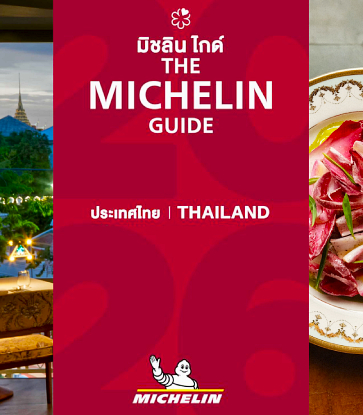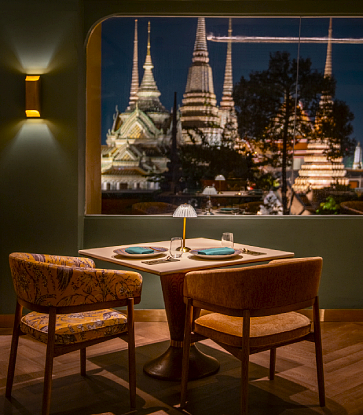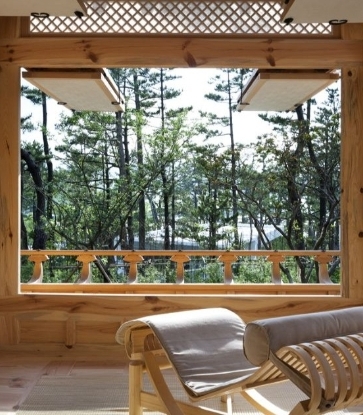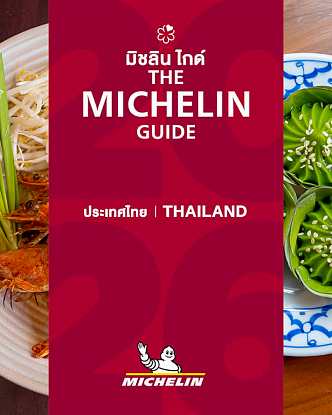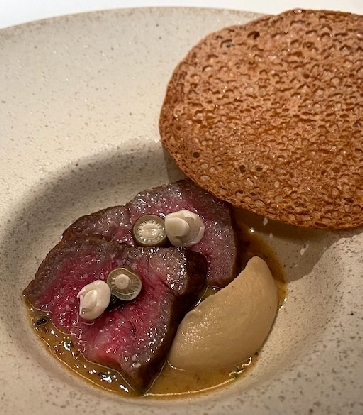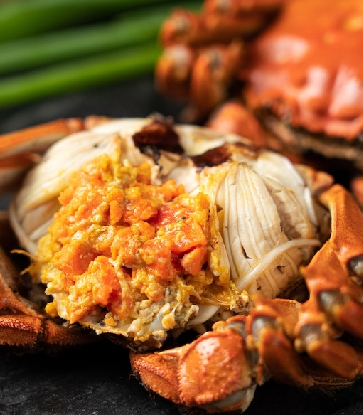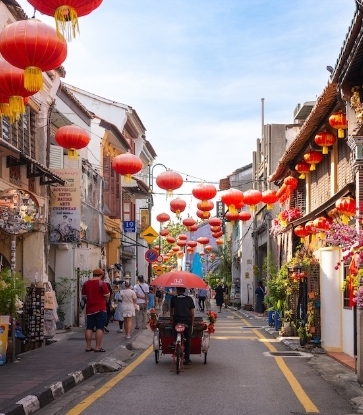Chef Son Jong-won, a driving force behind Seoul's culinary scene, has firmly established his gastronomic philosophy through his two distinct one-MICHELIN-star restaurants in Seoul.
To him, cooking transcends mere food preparation — it embodies a form of art, from the days-long summering of sauces to the intricate preparation required for small fish and cuts of meat, processes that demand anywhere from minutes to hours.
It was precisely this desire to spotlight the discipline and dedication behind fine dining that led to his recent appearance on a televised cooking competition. His goal was to represent the chefs who dedicate themselves to this specialized craft — and to honor the precision and dedication that define their work.
For Jong-won, the essence of fine dining lies not just in technical mastery but equally in disciplined preparation and mental clarity. To him, cooking is storytelling — a deliberate act of communicating a narrative to diners through meticulously crafted dishes.
That same passion extends to his city. "Seoul is the city I cherish the most — an essential ingredient of my culinary journey," he says.
Here, he takes us on a journey across his hometown, revealing the places, flavors, and quiet moments that continue to shape his culinary identity.
How do you define fine dining beyond just culinary excellence?
To me, fine dining is about creating an extraordinary dialogue with guests through both food and service. It's admittedly not something one indulges in daily, as it carries a certain gravity. But for special occasions or memorable celebrations, fine dining offers unforgettable experiences through dishes, attentive service, and the ambiance itself. It's about elevating meaningful moments into extraordinary memories.
What defines the service philosophy at Eatanic Garden, winner of the 2024 MICHELIN Guide Seoul & Busan Service Award?
Our priority is ensuring guests fully immerse themselves in comfort, savoring both the food and the atmosphere without distraction. Service should never be intrusive or ostentatious; rather, it should be intuitive, timely, and considerate down to the smallest detail. Our ultimate goal is to ensure each guest leaves with joyful memories. Hearing guests' laughter resonate throughout the dining room is both our motivation and our aspiration. Our guests' happiness is fundamental to our philosophy.

Could you describe the unique characters and philosophies behind Eatanic Garden and L'Amant Secret?
Eatanic Garden is a space dedicated to exploring Korea's rich culinary heritage, sharing new interpretations through open dialogue with our guests. We aim to preserve tradition while innovating for the future.
L'Amant Secret specializes in French techniques applied sustainably, focusing particularly on vegetarian dishes and ingredients harvested from our rooftop garden. It's a place deeply committed to sustainable culinary practices, and, in my opinion, the most romantic restaurant in Seoul.
Both restaurants share the motto "evolve," signifying our daily commitment to continuous growth and improvement.

Can you summarize your culinary philosophy in a single sentence?
"Cooking that continuously evolves." Cooking is fascinating precisely because it's endless — there’s always something new to learn and discover, fostering personal and culinary growth.
From where do you draw your creative inspiration?
Creativity springs from originality. Seeking uniqueness involves constant questioning, learning, and at times, considerable struggle. Though the journey is challenging, the fulfillment it brings is immense.
What typically sparks your inspiration?
While I actively expose myself to inspiring environments — visiting art exhibitions, engaging with classical literature — I rarely find direct inspiration from these sources alone. Instead, inspiration arises organically through heightened sensory awareness in daily life, especially while cooking. Ultimately, nothing provides consistent inspiration quite like spending dedicated time in the kitchen.
Apart from gastronomy, do you have any other interests that inspire you?
Exercise is my passion, particularly CrossFit, which I enjoy every morning before work. Leading a structured, disciplined life without significant deviations gives me immense satisfaction. I also relish leisurely walks through northern Seoul — especially Gwanghwamun and Samcheongdong— where the essence of the city truly resonates.
If you had to pick one location that epitomizes Seoul, what would it be?
I'd choose the Gwanghwamun area. With its backdrop of Bukhansan mountain, a palpable sense of old Seoul charm, and a wealth of longstanding eateries, it represents the true spirit of Seoul.
What does Seoul mean to you personally, and how has the city influenced your culinary approach?
Seoul is where I was born and where my identity as a chef took root. It’s my favorite city worldwide and deeply integral to my culinary expression. I aspire to create dishes uniquely reflective of Seoul, offering tastes unavailable anywhere else. This city houses both of my restaurants, forming their core identity.
What's your soul food, and why is it meaningful to you?
My soul food is undoubtedly my mother's home-cooked meals. However, Pyongyang naengmyeon (cold noodles) and sundae guk (blood sausage soup) also resonate deeply with me. The refined, refreshingly cool broth of naengmyeon brings clarity to my soul, epitomizing elegance in Korean cuisine. On the other hand, the warm, comforting bowl of sundae guk, seasoned with perilla powder, chives, and salted shrimp, provides soothing nourishment for both body and mind.
What's your go-to restaurant in Seoul?
When craving naengmyeon, Woo Lae Oak is always my choice. It's also where I frequently host visiting chefs. Eating Woo Lae Oak’s iconic bulgogi alongside their Pyongyang naengmyeon or kimchi-mari guksu gives me an incomparable sense of contentment.
Which restaurant would you recommend for its remarkable creativity?
Zero Complex by Chef Lee Chung-hoo stands out for its minimalist yet sophisticated and layered dishes. Each bite delivers unexpected textures and combinations, evoking admiration and wonder.
Could you share a hidden gem you'd prefer to keep secret?
Gamekol Son Wangmandu near Namdaemun, famous for freshly steamed kimchi and meat dumplings, often has long queues. The insider tip: Head inside to the second floor, where you can comfortably enjoy dumplings alongside kalguksu and mandu guk.
Which restaurant is ideal for family gatherings?
Geumdwaeji Sikdang offers premium-quality pork grilled to perfection by skilled staff. It's perfect for any gathering with family, friends, or loved ones.
Where would you take close friends visiting Seoul?
Jaha Son Mandu in Buam-dong is ideal. The elegant journey there and views of Mount Inwangsan through large, homely windows capture Seoul's refined, understated charm. I recommend their "Jaha Sangcharim,", a delightful course featuring various dumplings, porridge, and cold dishes.
Which restaurant do you visit to celebrate special occasions?
Solbam makes any special day even more remarkable. Chef Eom Tae-jun's story-infused dishes and the delightful team create an atmosphere that makes even ordinary days celebratory.
Which Seoul hotel do you frequent most?
Josun Palace, a Luxury Collection Hotel, Seoul — managed by Josun Hotels — is home to Eatanic Garden and offers a truly exclusive, locally inspired experience.
Which bar do you enjoy visiting?
Bar Soko is perfect for classic cocktail lovers, providing an elegant ambiance and exquisite drinks that evoke the stylish sophistication of Korea’s Gyeongseong era.
Where do you go when you need mental clarity?
Namsan. Its gentle slopes offer easy access and stunning views of Seoul’s skyline. Reflecting atop Namsan provides clarity and peace, helping me tackle life's complexities with renewed insight.
You are currently the only chef in Korea leading two MICHELIN one-star restaurants. What does this dual role mean to you?
Managing two completely different styles of restaurants has been an incredible learning experience. When I was running just one, I had a long list of things I wanted to try and express—but operating both has helped me define the distinct identity of each space. It’s given me clarity on where to focus and how to evolve each concept.
At first, doubling the team felt overwhelming, but working alongside such a diverse group of professionals has created a positive synergy that continues to elevate both restaurants. At the end of the day, cooking is cooking—when one side improves, the other naturally grows with it. It's been a journey of growth not only for me as a chef but also for our entire team.
What direction do you see yourself heading in? Are there any new goals or challenges you’re eager to pursue?
I don’t see myself straying too far from what I’m doing now. I’ll still be here in Seoul, dedicating myself to the kitchen, striving to take both restaurants and the dishes we create to even greater heights with my team.
Lately, I’ve been drawn to the depth and elegance of traditional Korean cuisine—especially ibaji dishes once prepared for special occasions. This year, I plan to delve deeper into the study of tteok (rice cakes) and hangwa (traditional Korean confections), both rich in history and full of potential for reinterpretation.





